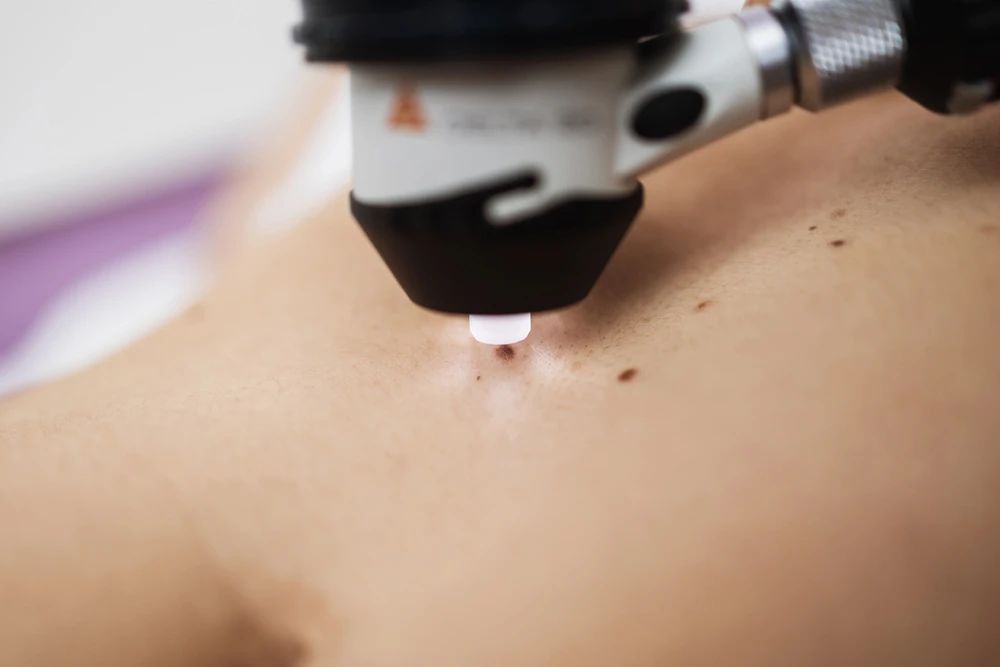Do You Need Kidney Stone Surgery?
2021-07-22

If kidney stones are giving you pain and are stuck in your urinary tract, you may need to have them removed with surgery.
Sometimes, kidney stones pass on their own without treatment. But if yours get stuck, you can opt for a kidney stone removal procedure.
What are kidney stones?

Kidney stones are hard, lumpy deposits of salt, calcium or other minerals that form inside the kidneys. They are also known as renal calculi, nephrolithiasis or urolithiasis.
Kidney stones can develop due to certain diets, excess body weight, some medical conditions and certain supplements and medications. Often, the stones form when urine becomes concentrated, allowing minerals to crystalize and stick together.
Kidney stones can affect any part of the urinary tract, from the kidneys to the bladder. Passing these stones can be quite painful. You would usually only need some pain medication and drink lots of water to pass a kidney stone. In certain instances, surgery may be needed if the stones get lodged in the urinary tract or cause complications.
Causes of kidney stones
There are several possible causes, including:
- Dehydration
- Diet
- Obesity
- Inflammatory bowel disease
- Type 2 diabetes
- Congenital kidney defect that increases urinary calcium
- High levels of certain chemicals in urine
If you have kidney stones, you may experience pain in your back, pain when urinating, an urgent need to urinate, or even blood in your urine. If a kidney stone develops into an infection, you may also experience a fever and chills.
It’s important to remember that anyone can develop a kidney stone at any time. If you suspect you have kidney stones, you should consult your doctor for a formal diagnosis.
What is the kidney stone removal procedure?
The pain of passing a kidney stone is sometimes compared to childbirth. If you’d rather not put yourself through that, the good news is that kidney stone removal is quite straightforward.
Extracorporeal shock wave lithotripsy (ESWL)
Nowadays, the most common form of kidney stone removal is extracorporeal shock wave lithotripsy (ESWL), especially for smaller stones. This procedure uses sound waves to break the kidney stones into smaller pieces, which means it’s easier to pass them through your urinary tract naturally.
An ESWL takes around 45 minutes, and is usually done as a day procedure. You’ll be given painkillers or general anesthetic to relax you before the procedure takes place, as well as to minimize any discomfort during the process.
What are the benefits of ESWL?
ESWL is a relatively low-risk procedure, which usually removes kidney stones completely. It’s also non-invasive, which means you don’t need surgery and you should recover much quicker than you would otherwise.
As it’s a day procedure, you should be in and out of the hospital fairly quickly, with an average of 2 hours set aside for recovery time. You may see traces of blood in your urine for a few days after treatment, and you will most likely be able to resume normal activities shortly after treatment. Possible side effects associated with kidney stone removal, such as infection and internal bleeding, are also very rare.
Are there other options to remove kidney stones?
If a kidney stone is proving to be particularly troublesome, a ureteroscopy may help to gently remove it.

Ureteroscopy
Your doctor will insert a thin tube through your urethra and into your urinary system before using a laser or special tool to loosen the stone and break it up into smaller pieces. You’ll be asleep during the procedure, so you won’t feel any pain.
Percutaneous nephrolithotomy (PCNL)
Other potential options include a minimally invasive percutaneous nephrolithotomy (PCNL), in which a special instrument is inserted into your kidney through a small incision (0.5cm in diameter) in your back, or more rarely, open surgery.
Treatment for small kidney stones
If your kidney stones are small, you may be able to pass them without needing any invasive treatment. The following would be helpful to pass the kidney stones:
Drinking water
Drinking as much as 1.8 – 3.6 liters of water a day will keep your urine dilute and prevent stones from forming.
Pain relievers
Pain relievers such as ibuprofen or naproxen sodium may be helpful to relieve mild pain when passing a small stone.
Medical therapy
In some cases, medications may be needed to help to pass kidney stones. These medications are known as alpha blockers and work to relax muscles in the urinary tract to help you pass the stone more quickly and with less pain. Examples of alpha blockers are tamsulosin and the combination of dutasteride and tamsulosin.
How to prevent kidney stones
You can make several changes to your lifestyle to reduce your risk of developing kidney stones. These include:
- Drinking lots of water throughout the day. A good indicator that you are drinking enough is urine that is light and clear.
- Eat fewer oxalate-rich foods, such as rhubarb, beets, ladies’ fingers, spinach, Swiss chard, sweet potatoes, nuts, tea, chocolate, black pepper and soy products.
- Reduce the amount of salt and animal protein in your diet.
- Eat calcium-rich foods but exercise caution with calcium supplements. Talk to your doctor before taking them as they have been linked to increased risk of kidney stones.
- Some medications may be helpful for people with certain kinds of kidney stones. Your doctor will prescribe the appropriate medication for you based on the type of kidney stone you have.
Your doctor will recommend the best treatment option for you based on factors like size, location and hardness of stones. For more information or to make an appointment, please contact 400-819-6622.
Article reviewed by Dr. Sanwei Guo, Urologist at ParkwayHealth
Copyright: Health Plus an online health and wellness web resource developed by Parkway Singapore
References:
1. Kiefer, D. (2017, March 29). Lithotripsy. Retrieved 12 September 2018 from https://www.healthline.com/health/lithotripsy
2. Treatment: Kidney Stones. (n.d.). Retrieved 12 September 2018 from https://www.nhs.uk/conditions/kidney-stones/treatment/
3. What Causes Kidney Stones? (n.d.). Retrieved 12 September 2018 from https://www.webmd.com/kidney-stones/kidney-stone-causes#1
4. Kidney Stones. (2020, May 05) Retrieved December 28, 2020, from https://www.mayoclinic.org/diseases-conditions/kidney-stones/symptoms-causes/syc-20355755





























